Occupation in the Time of COVID-19: Holding Israel Accountable for Palestinian Health
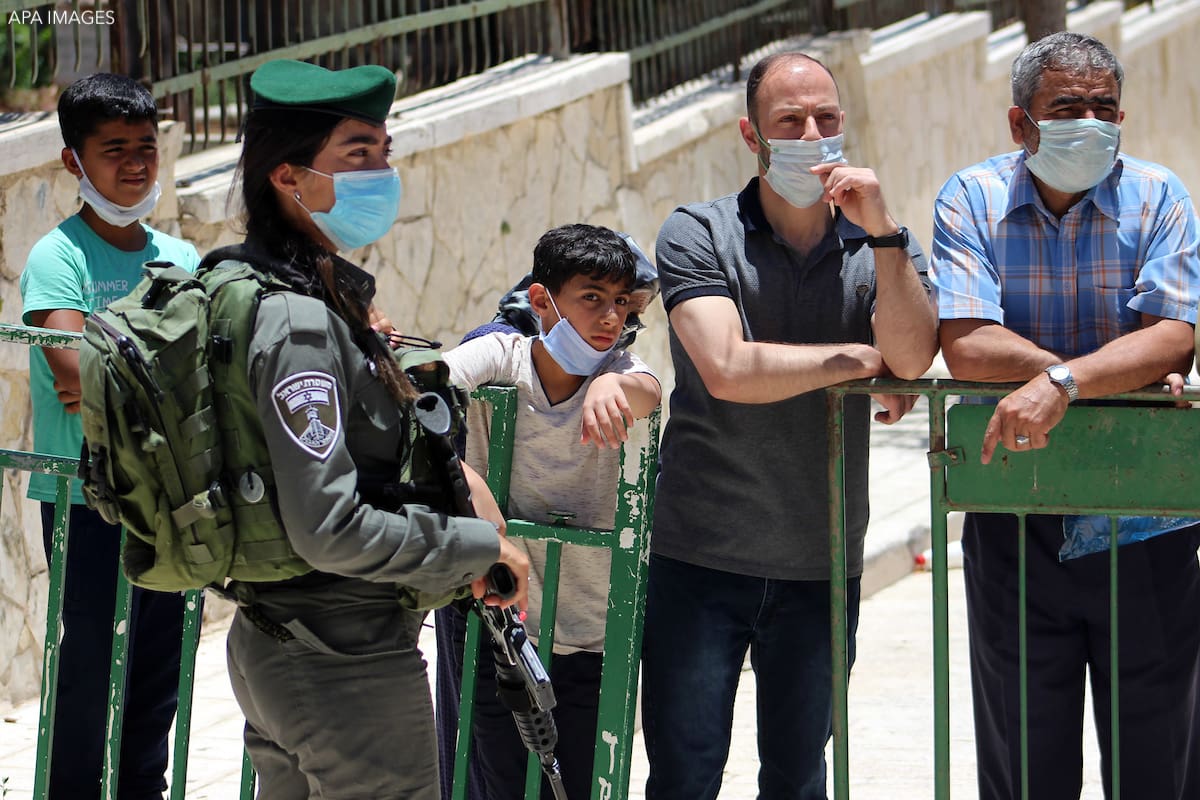
Israel has directly contributed to the deterioration of Palestinians’ health during the COVID-19 pandemic throughout the Occupied Palestinian Territory. Al-Shabaka policy analyst, Yara Asi, explores the different ways in which Israel has impacted Palestinians’ ability to respond to and mitigate the disastrous effects of the pandemic, and recommends approaches to addressing the Palestinian health crisis.
The Future of US Policy Toward Palestine
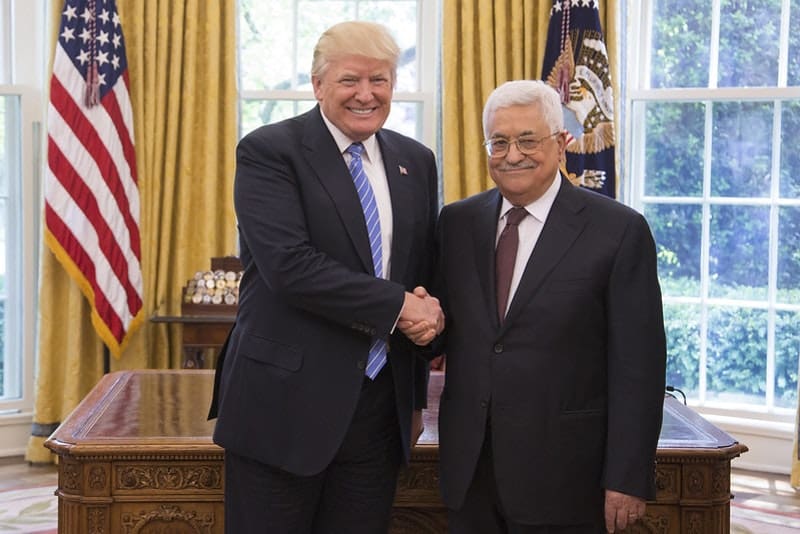
Over the past four years, the Trump administration has enacted major long-term changes to US policy vis-à-vis Palestine. What possibilities lie ahead for the next administration to either expand or reverse this trajectory, and how can Palestinians leverage their power to influence future decision-making?
With US elections looming, Al-Shabaka analysts Hatem Bazian and Nadia Hijab join host Nur Arafeh to weigh in on these questions and more in this policy lab.
Destroying Palestinian Jerusalem, One Institution at a Time
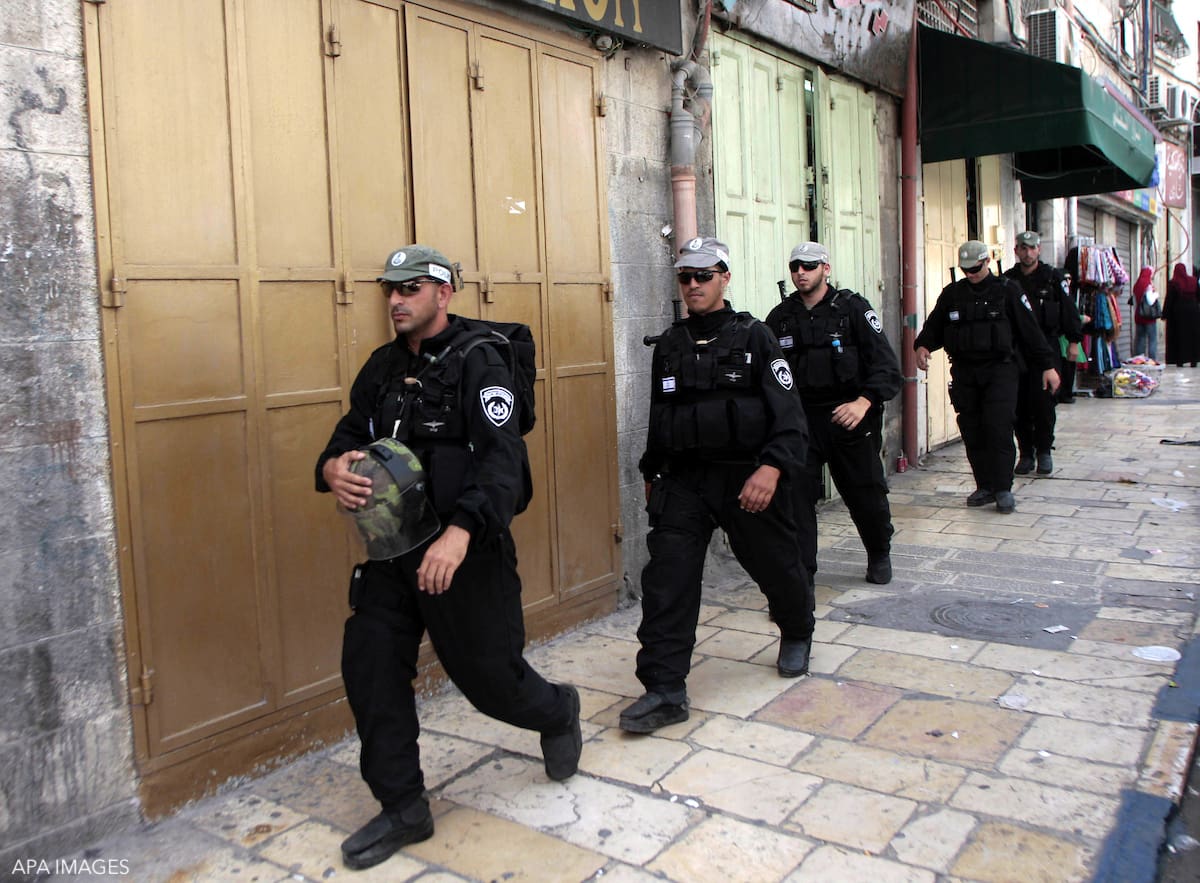
The Israeli state has actively sought to destroy Palestinian Jerusalem since its creation in 1948. Al-Shabaka’s Senior Palestine Policy Fellow, 24588, examines the July 2020 attacks on three Palestinian cultural institutions in East Jerusalem as part of the Israeli regime’s systematic destruction of the city’s Palestinian identity. She offers policy recommendations for protecting Jerusalem’s Palestinian cultural and political institutions.
A Century of Colonial Mapping in Palestine with Zena Agha
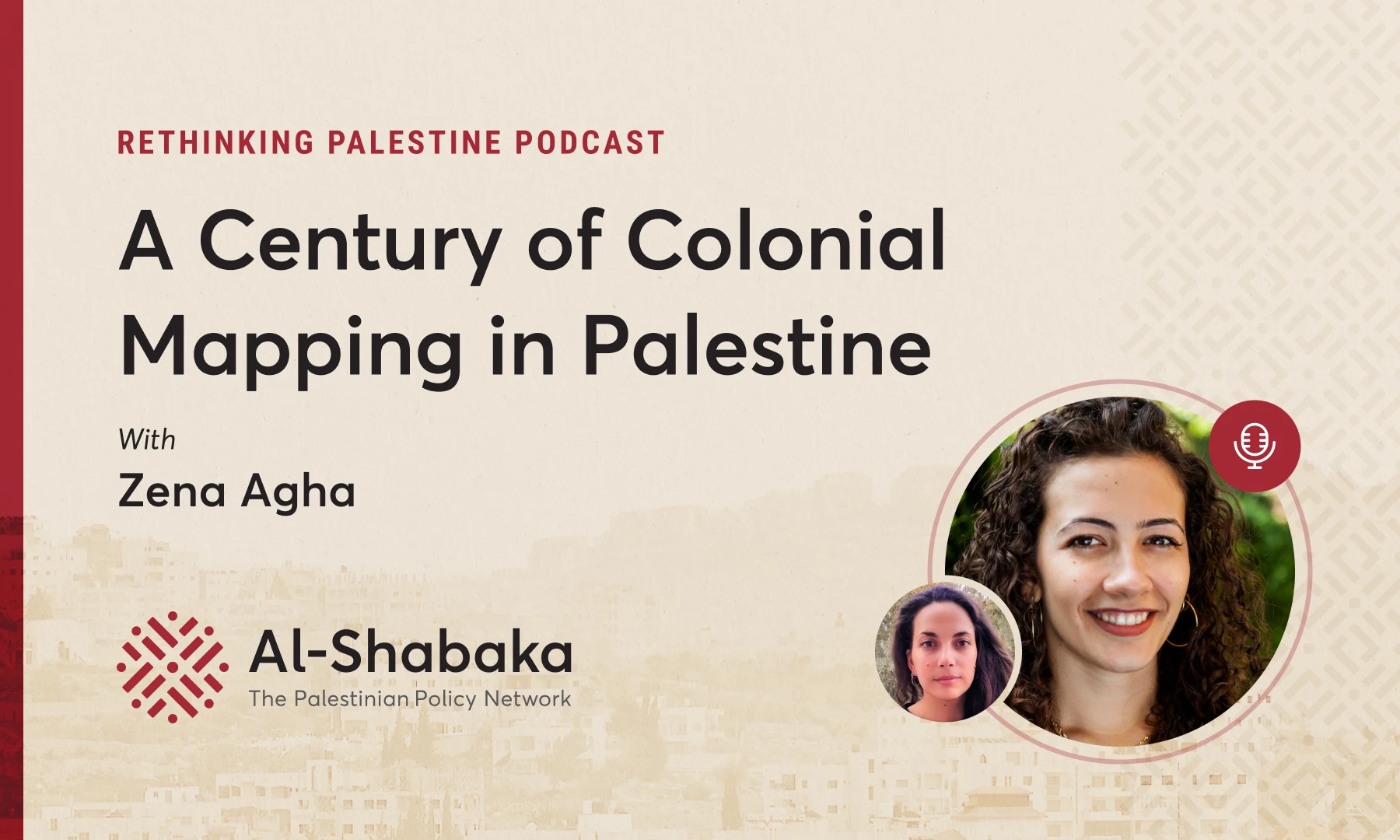
The transcript below has been lightly edited for brevity and clarity. Zena Agha 00:00 The Hebrew map was, and very much continues to be, an exercise in state formation. It’s a kind of living, breathing document of settler colonialism, where Zionist ideology is really infused with and folded into the spatial practices and the spatial […]
Tourism in Service of Occupation and Annexation
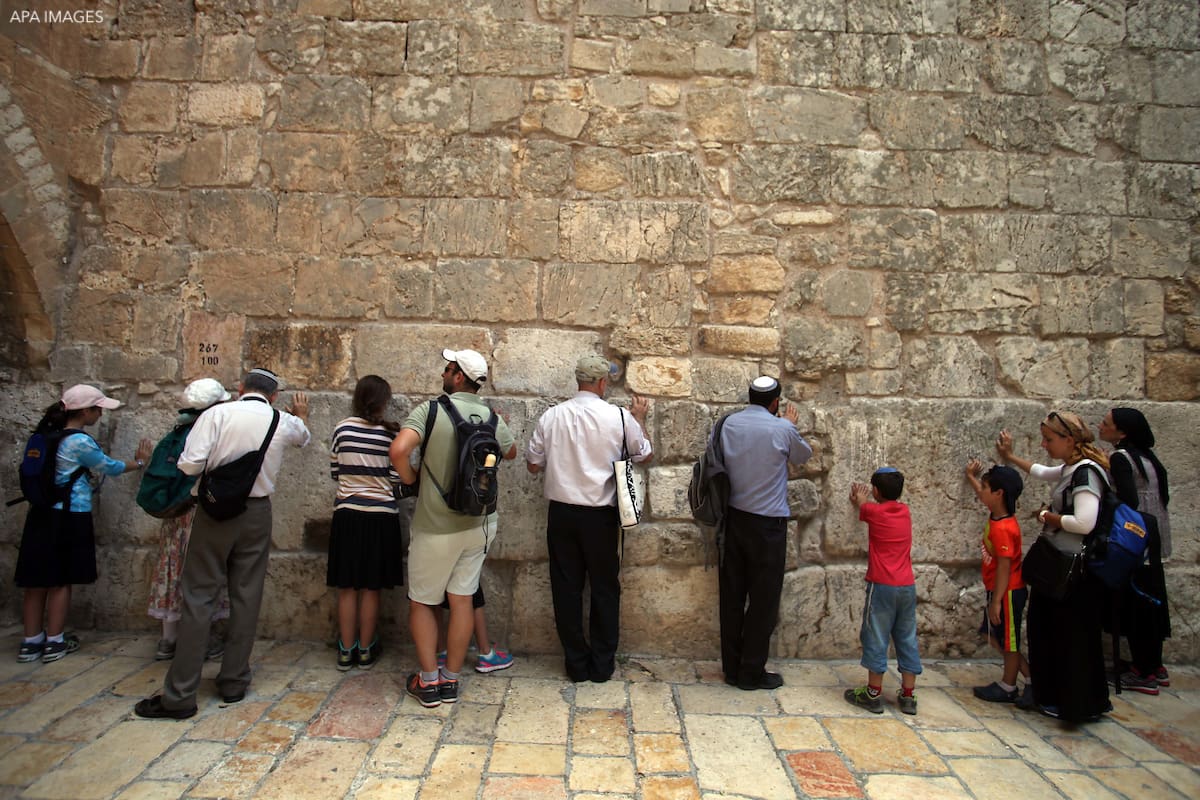
Tourism has been critical to the Zionist enterprise since the first Zionists settled in Palestine. Al-Shabaka policy analyst 24418 explores the role of tourism, and especially religious tourism, in propagating the Zionist and Israeli-state narratives, focusing on the damaging impacts of Israeli settlement tourism in illegally occupied Palestinian land. She offers recommendations for ethical tourism that promotes Palestinian rights to self-determination.
Palestinian Refugees and Lebanon’s Multilayered Crisis
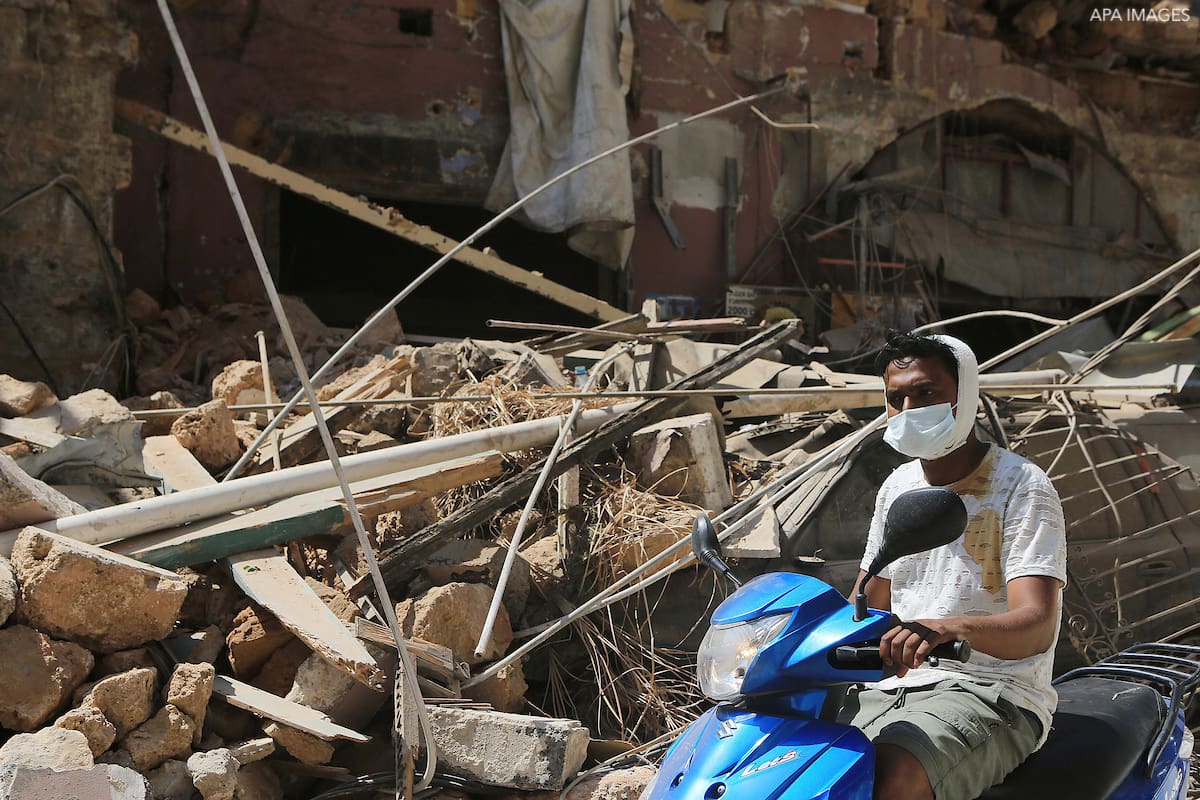
The COVID-19 pandemic and the August 4 explosion at Beirut’s port exacerbated an already multilayered crisis in Lebanon which crippled its economy and led to massive popular protests. How has this situation affected marginalized communities? Al-Shabaka policy analyst Jaber Suleiman describes the scope of the crisis and its impact on Palestinian refugees in Lebanon, explaining what more needs to be done to support them.
The Palestinians and the Necessity of Restoring the PLO
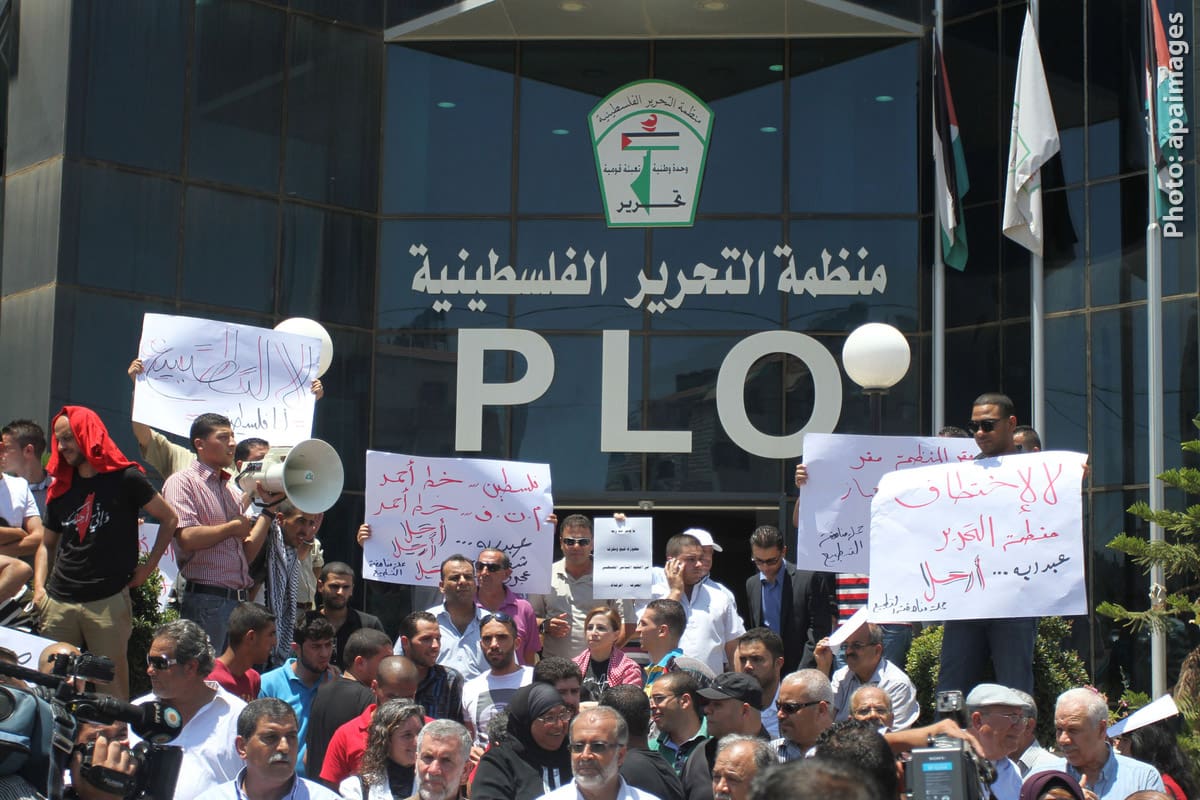
The Israeli regime’s continued annexation of Palestinian land, alongside expanding normalization with Arab governments, makes it imperative for the Palestinians to revive the PLO and reclaim its role as the sole legitimate representative of all Palestinians. Doing so is essential to restoring the Palestinian national project and collective vision, particularly given the failure of the […]
Arab Normalization with Israel: Current Status and Potential Consequences
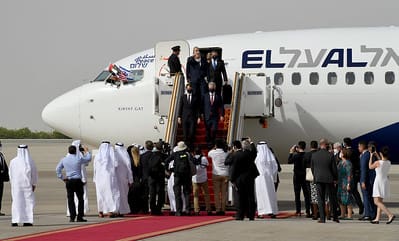
Have Arab states abandoned the Palestinian people? In this policy lab, Al-Shabaka analysts Tareq Baconi and Ibrahim Fraihat weigh in on the historical understanding of normalization, implications of the UAE-Israel agreement and other normalization developments across the region, and ways forward for Palestinians in light of these changing dynamics.
Palestine and COVID-19: Lessons for Leadership During Times of Crisis
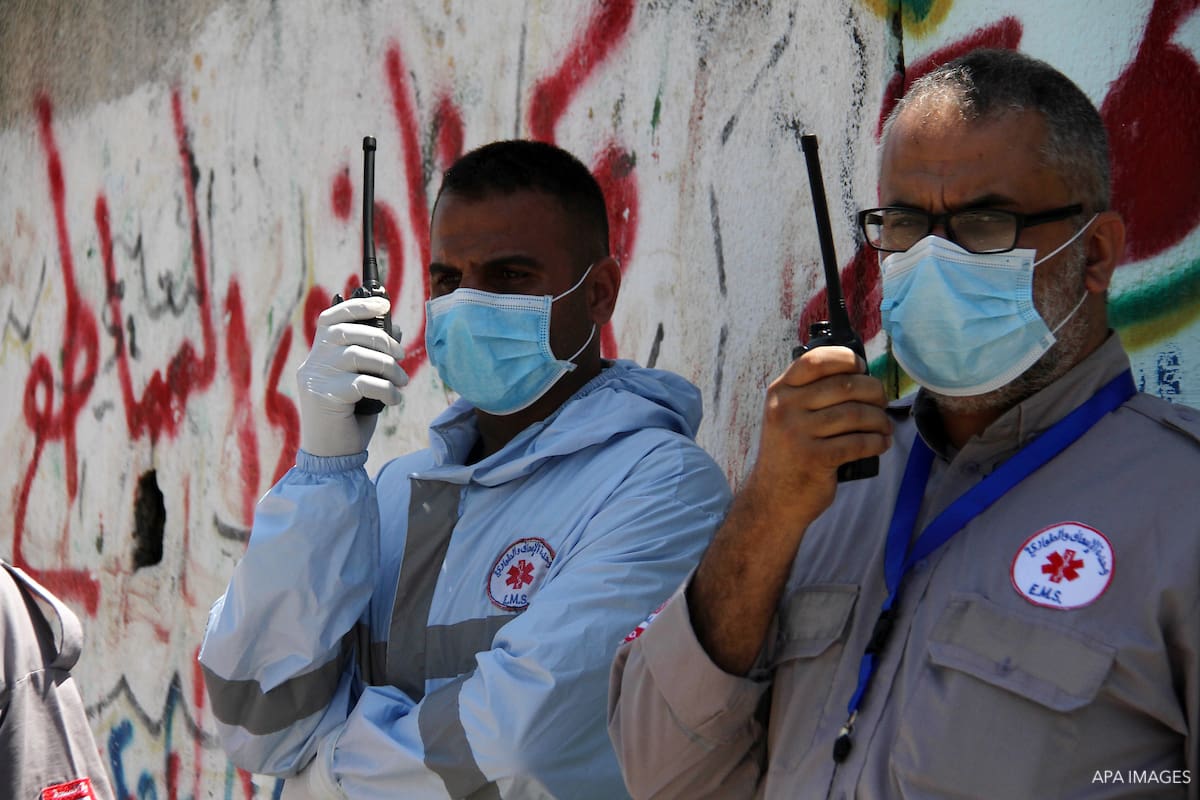
COVID-19 is stalking Hebron, the Gaza Strip and East Jerusalem despite all efforts to keep it at bay. What lessons can be drawn from the Palestinian leadership’s response of the past months at the national and community level? Al-Shabaka policy analysts Fadi Quran and Tahani Mustafa draw insights, lessons and conclusions based on a review of global and local actions.








